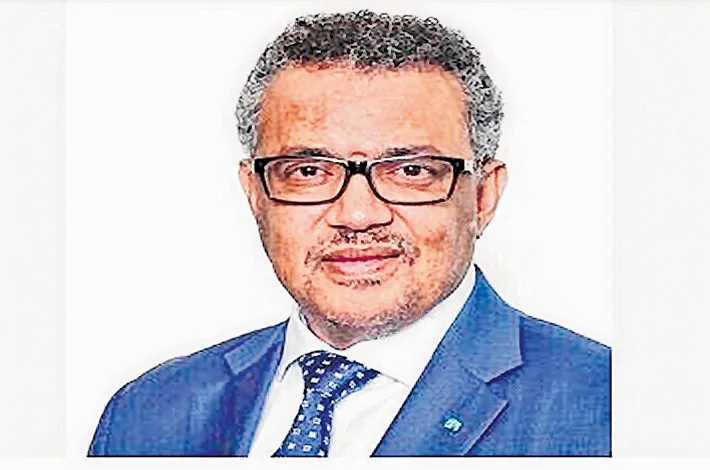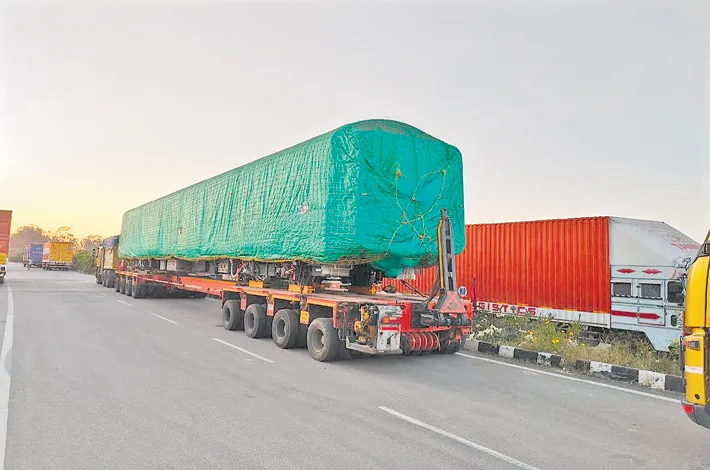Not sure I could survive: WHO chief on Yemen ordeal
29-12-2024 12:00:00 AM

Agencies ZURICH
The head of the World Health Organization (WHO), Tedros Adhanom Ghebreyesus has said he was not sure he was going to survive an air strike carried out by Israel on Thursday on the Iran-aligned Houthis in Yemen.
Speaking after his ordeal at the Sana’a International Airport, Ghebreyesus said the explosions that rocked the building were so deafening that his ears were still ringing more than a day later.
Ghebreyesus said it quickly became apparent the airport was under attack, describing people "running in disarray" through the site after approximately four blasts, one of them "alarmingly" close to where he was sitting near the departure lounge.
"I was not sure actually I could survive because it was so close, a few meters from where we were," he told Reuters. "A slight deviation could have resulted in a direct hit."
The WHO chief said he and his colleagues were stuck at the airport for the next hour or so as what he thought were drones flew overhead, feeding concern they could open fire again. Among the debris, he and colleagues saw missile fragments, he said.
"There (was) no shelter at all. Nothing. So you're just exposed, just waiting for anything to happen," he said.
The Israeli strikes on Yemen came after Houthis repeatedly fired drones and missiles toward Israel in what they describe as acts of solidarity with Palestinians in Gaza.
Israeli Prime Minister Benjamin Netanyahu said afterwards that Israel was "just getting started" with the Houthis.
The Houthi-controlled Saba News Agency said three people died in the strikes on the airport and three were killed in Hodeidah, while 40 were wounded in the attacks.
Speaking by telephone from Jordan, where he flew on Friday, helping to evacuate a UN colleague seriously injured at the airport for further medical treatment, Ghebreyesus said he had received no warning Israel could be about to strike the airport.
The injured man, who worked for the UN Humanitarian Air Service, was now in a stable condition, he said.
The WHO chief had traveled to Yemen over Christmas to try to negotiate the release of UNstaff and others held there. He acknowledged that he and colleagues knew the trip was risky in the light of high tension between Israel and the Houthis.








